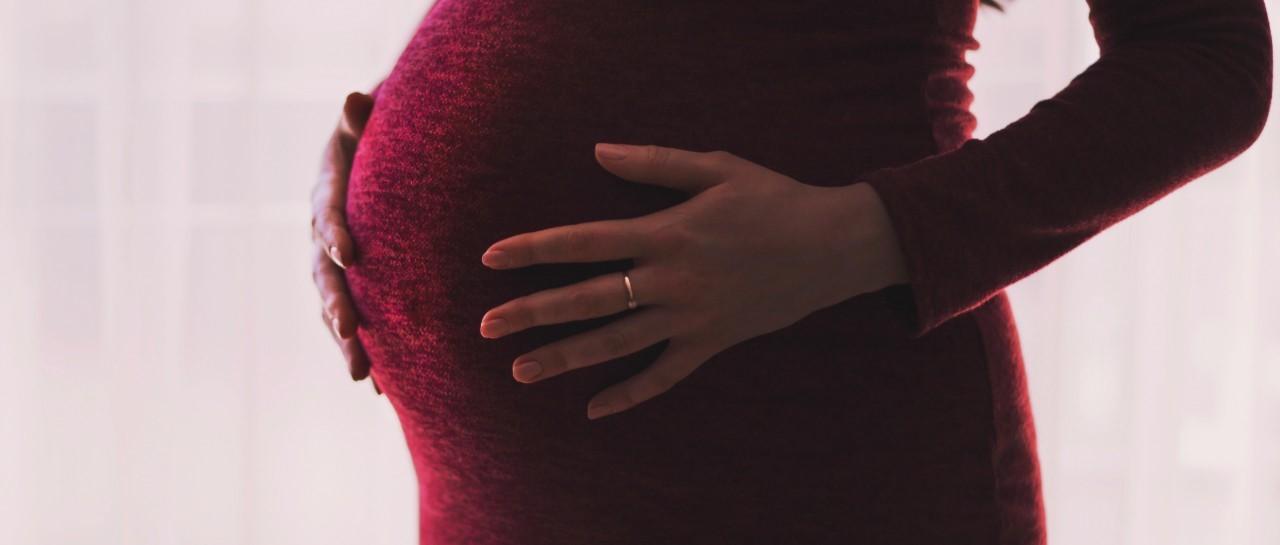
Black women more likely to experience stillbirth than white women
Peer reviewed by Natalie HealeyLast updated by Milly EvansLast updated 4 Jul 2019
Meets Patient’s editorial guidelines
- DownloadDownload
- Share
- Language
- Discussion
New research has found that black women are one and a half to two times more likely to suffer stillbirth than white women.
The largest study of its kind, published in the PLOS Medicine journal, saw an analysis of over 15 million pregnancies across 13 studies in the UK, USA, Denmark and Norway, led by Queen Mary University of London.
They found a small but significant increase in risk for stillbirth for all mothers whose pregnancies continued beyond 40 weeks. However, researchers assure women who are 41 weeks pregnant that they should not be alarmed as the risk is still low - one more stillbirth for every 1,449 pregnancies compared to delivering at 40 weeks.
However, for black women, the risk of stillbirth was one and a half to two times higher at all stages of pregnancy. Although the study did not look into causes, the potential reasons cited for the stillborn race gap included "low educational and socio-economic status, reduced access to antenatal care, and increased rates of fetal growth restriction". A different study had also found that the rate of maternal mortality (death in pregnancy and childbirth) was five times higher for black women than white.
Of the more than 3,000 stillborn babies each year in the UK, a third are babies carried for 37 weeks or more and considered healthy prior to death. The research showed that despite an increased risk of stillbirth for delivery past 40 weeks, the risk of newborn death (within the first 28 days of life) was unchanged between 38 and 41 weeks of pregnancy. However, the risk increased by 87% for delivery at 42 weeks compared with delivery at 41 weeks.
Lead researcher, Professor Shakila Thangaratinam from Queen Mary's Blizard Institute, commented: "We were surprised to see how much poorer pregnancy outcomes were for black women - they were up to twice more likely to experience stillbirth than white women. Healthcare professionals need to take these added risks into account when developing care plans for these women."
The researchers hope this study can be used to help women to make more informed decisions about induction and carrying a pregnancy past 40 weeks.
Dr Alexander Heazell, senior clinical lecturer in obstetrics at the University of Manchester, recognises that the research is an important piece of work "which confirms current knowledge that the risk of stillbirth is increased in pregnancies which continue after 41 weeks of pregnancy and at all stages of pregnancy in women of black ethnic origin. This association is biologically plausible as the placenta ages as pregnancy continues so by the end of pregnancy it is less able to deliver the oxygen and nutrients needed to sustain a baby".
This study was published in PLOS Medicine.
Patient picks for Labour and childbirth

Pregnancy
What you need to know about inducing labour
Induction is a process of artificially kickstarting labour, most commonly used if your baby is overdue. According to the NHS, one in every five labours in the UK are induced, so here's what you need to know if you're offered induction to get the birth moving along.
by Sarah Graham

Pregnancy
How to cope with a fear of childbirth
Every pregnant woman will have some degree of concern about what childbirth will feel like, how they will manage and what might happen. For some, though, the fear can become physically and emotionally disabling and prevent them from having children altogether, even if they want a baby. Tokophobia is defined as an extreme fear or phobia of childbirth.
by Lydia Smith
Continue reading below
Article history
The information on this page is peer reviewed by qualified clinicians.
4 Jul 2019 | Latest version

Ask, share, connect.
Browse discussions, ask questions, and share experiences across hundreds of health topics.

Feeling unwell?
Assess your symptoms online for free
Sign up to the Patient newsletter
Your weekly dose of clear, trustworthy health advice - written to help you feel informed, confident and in control.
By subscribing you accept our Privacy Policy. You can unsubscribe at any time. We never sell your data.